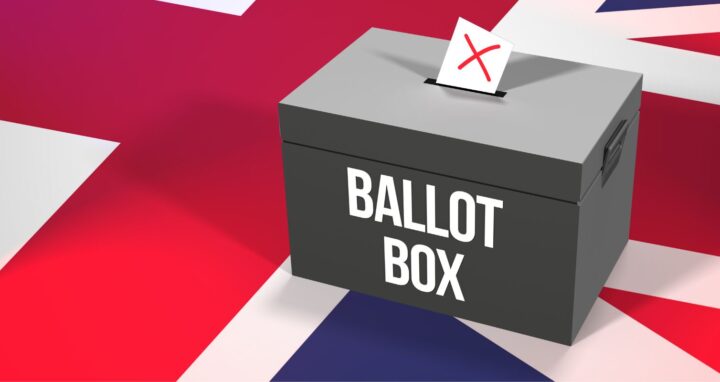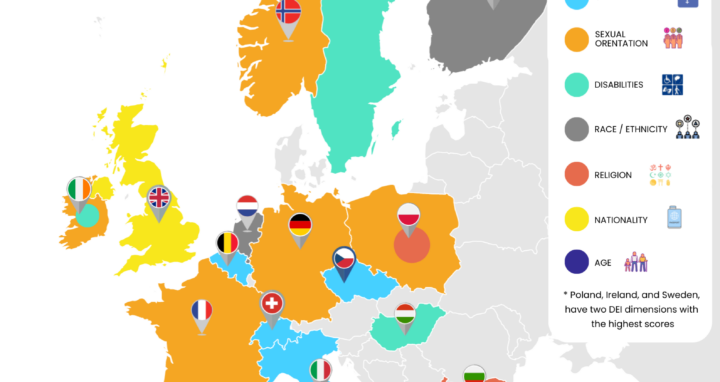The General Data Protection Regulation (GDPR) takes effect on May 25, 2018. If you’re concerned about what effects the new regulation will have on your business, you’re not alone. The 2018 Worldcom Confidence Index report revealed that leaders across the globe rank government and legislative changes as the top threat to business planning in 2018.
Paris-based Worldcom partner, Yucatan, explains this new regulation is designed to give citizens of the European Union insight and control over the data companies collect about them. However, this means that companies will likely need to change to how they collect and use data. This leads to an important question: What is the key information your agency needs to know to be compliant with the new legislation?
Even Companies Outside of the EU May Be Affected
The GDPR is designed to protect anyone living in an European Union member state, which means that organizations that conduct business with citizens of the European Union may also be subject to the legislation – even if the company is outside of the EU. If your company is marketing to or tracking the activity of anyone living in the EU, your company may be affected by the legislation.
Transparency is Important
With the new legislation, organizations are advised to make their practices more transparent. A best practice to achieve this is to provide a link to the privacy policy on every form. Although many company websites already link to the organization’s privacy policy, the GDPR aims to make these policies more easily accessible by including them on every form customers view and fill out. Transparency is key here – see what information can be included in your form.
Companies Need Consumer Consent
One of the major issues this legislation attempts to address is how companies compile customer information lists. Previously, marketers could add lead information to subscription lists after collecting consumer information. However, marketers may now need to implement a double opt-in process to ensure consent before marketing to contacts.
To do this, companies can ask interested consumers for consent on a form directly on the company website. Then, send a follow-up confirmation email for contacts to again confirm their consent by clicking an additional link. This process ensures that all customers are aware that their information will be used by the organization for marketing purposes.
Fines for non-compliance are hefty – up to 4% of the company’s global annual revenue. Prepare your company for these changes by reviewing information on the GDPR Portal and consulting legal professionals. Please note that this article in no way serves as legal advice. For Yucatan’s insight on these legislative changes, check out their blog post.
Based in Paris, France, the Yucatan is recognized for its work in digital, health and biotechnology, environmental and industrial markets. With expertise in corporate communication, B2B and B2C marketing, the consultants of the Yucatan agency support companies with varied profiles, from start-ups to the large international groups.




